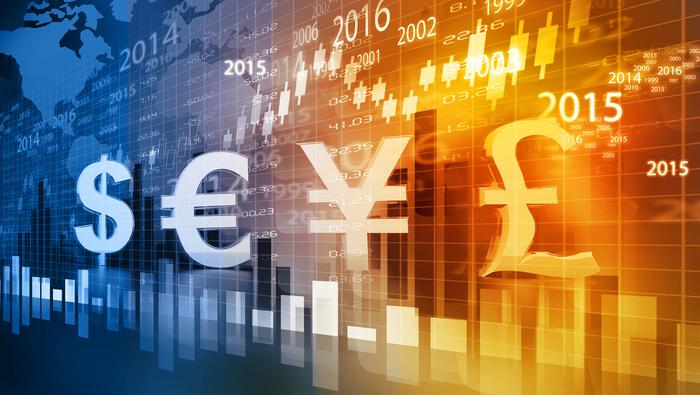Foreign Investment in Nigeria Hits Two-Year High Due to Strong Returns
Foreign investment into Nigeria has reached its highest point in over two years, driven by attractive returns following major interest rate increases by the Central Bank of Nigeria (CBN).
According to the CBN’s January 2025 Economic Report, capital inflows rose from $0.33 billion in January 2024 to $2.06 billion in January 2025—a massive 524.24% increase in just one year. Compared to December 2024, inflows also grew by 32.12%, rising from $1.57 billion.
The CBN explained that this increase came mainly from strong returns in Nigeria’s financial markets.
Portfolio Investment Dominates
Portfolio investments—money going into stocks, bonds, and other financial assets—made up 89.6% of the total inflow. These investors are usually drawn by high interest rates and positive economic announcements.
In contrast, Foreign Direct Investment (FDI) dropped from $0.12 billion in December 2024 to $0.07 billion in January 2025. This decline is linked to concerns about Nigeria’s economy, infrastructure, and security situation. ‘Other investments’, mainly loans, also decreased to $0.14 billion from $0.22 billion the previous month.
The Nigerian equities market (stocks) also saw strong foreign interest. In the second quarter of 2024 (Q2), foreign investment rose to $150 million, a 204% increase from $49.4 million in Q1.
By September 2024, total foreign investment in the stock market for the first nine months of the year hit $284 million—the highest level since the COVID-19 pandemic. This marked a 19% increase compared to the $239.2 million recorded during the same period in 2023.
Banking and Finance Sectors Lead the Way
A sectoral breakdown revealed that the banking sector attracted the most foreign capital, representing 45.22 percent of total inflows. This was closely followed by the financing sector with 44.32 percent. Telecommunications (3.86%), manufacturing (3.01%), shares (1.57%), and trade (1.43%) accounted for much smaller proportions.
The United Kingdom emerged as the leading source of foreign capital, contributing 65.65 percent of the total. The United States followed with 8.15 percent, trailed by South Africa (7.66%), the UAE (7.18%), Mauritius (2.87%), and Belgium (2.28%).
In terms of destinations, the Federal Capital Territory (FCT) led with 62.88 percent of all inflows, followed by Lagos at 36.59 percent. Other states, including Ogun and Kano, received marginal shares.
Capital Outflows Also on the Rise
Despite strong inflows, capital outflows also increased in January 2025, driven by loan repayments and capital reversals. Outflows reached $1.20 billion, compared to $1.06 billion in December. Loan repayments rose by 27.45 percent to $0.65 billion, while capital reversals were up 3.85 percent to $0.54 billion.
Interestingly, dividend repatriation dropped sharply by 66.67 percent to $0.01 billion. Of total outflows, loan repayments accounted for 54.33 percent, capital reversals 44.81 percent, and dividend repatriations just 0.85 percent.
Outlook and Risks
While foreign investors are currently showing strong interest, the CBN warned that ongoing global trade tensions—especially U.S. tariffs under President Trump—could impact future inflows. Oil price volatility also poses risks.
However, financial experts say that recent monetary and fiscal reforms in Nigeria are helping to rebuild investor confidence. CBN Governor Olayemi Cardoso has maintained a strict policy stance, raising interest rates by a total of 875 basis points to 27.5% to attract more capital and control inflation.
Source: Business Day


